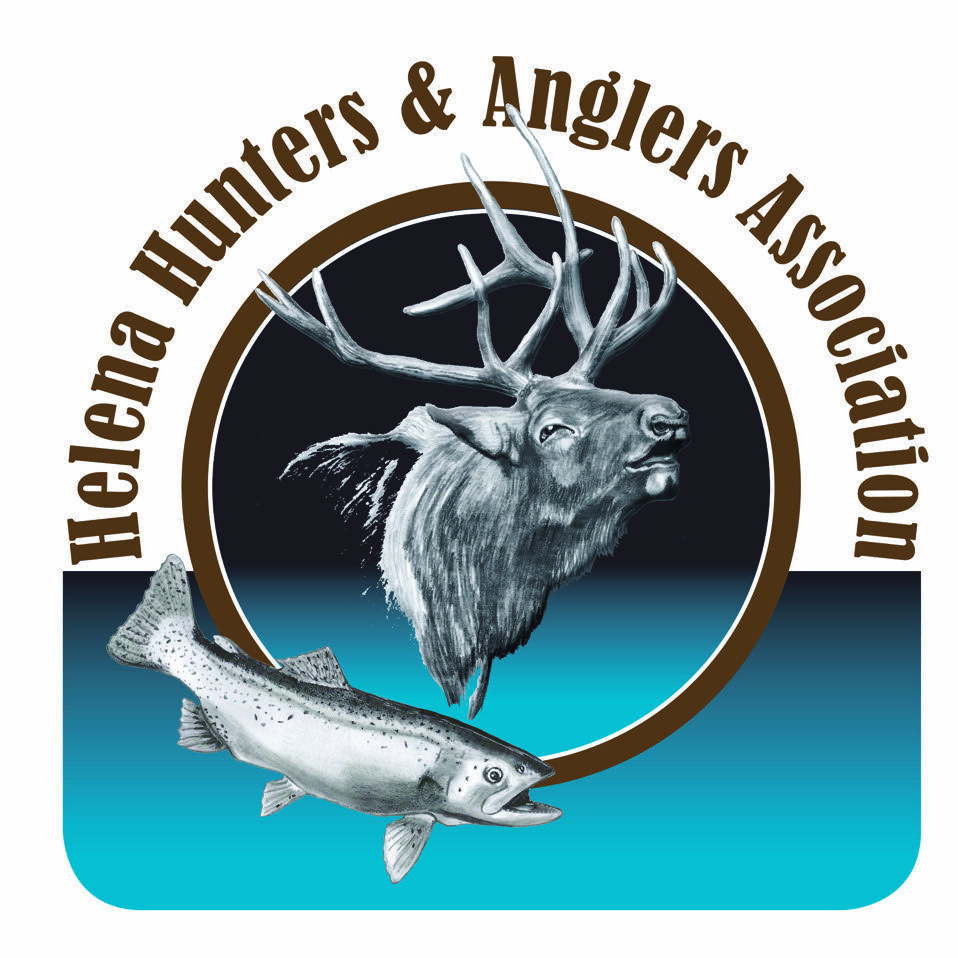In 2001, as a result of the Prickly Pear Sportsmen’s Association split, the more environmentally oriented members who had a hand in creating the Montana Fish and Wildlife Conservation Trust, […]
Letter From The President
Welcome to the Helena Hunters and Anglers (HHAA) website! HHAA is a small but dedicated group of volunteers who care deeply about Montana’s wildlife, wild places and public lands. Our […]
Montana Matters Outdoor Youth Experience
HHAA was one of several sponsors of and participants in the FREE Montana Matters Outdoor Youth Experience event for kids at the Lewis & Clark County Fairgrounds that was held on Saturday, […]
Climate Change: Rulemaking Petition
HHAA is part of a diverse group of more than 40 Montana organizations and businesses that submitted a petition to the Montana Public Service regulation Commission (PSC) to request that […]
North American Wolverine Receives Federal Protection as a Threatened Species Under the Endangered Species Act
“Current and increasing impacts of climate change and associated habitat degradation and fragmentation are imperiling the North American wolverine,” said Pacific Regional Director Hugh Morrison. “Based on the best available science, this […]
Montanans Intervene in Lawsuit Attacking State Management of Elk
The coalition of state-based groups decries suit by property owners’ association as attempt to upend Montana’s game management, reduce public hunting opportunity News for Immediate ReleaseJune 1, 2022Contacts: Katie McKalip, […]
Court again forces feds to reconsider wolverine protections, this time using science
For immediate releaseMay 26, 2022 Today, a federal judge invalidated a Trump administration decision denying protections to imperiled wolverines under the Endangered Species Act (ESA) (original complaint here). This is […]
Helena Hunters Move to Defend the Forest Service’s Divide Travel Plan
For immediate release May 24, 2022 Today, the Helena Hunters and Anglers Association (Helena Hunters) filed a motion tointervene on behalf of the Helena-Lewis and Clark National Forest in defense […]
Support for wild bison in Montana
Disappointed Montana citizens are making their voices heard across the State regarding Governor Greg Gianforte’s recent decision to end Montana FWP’s 2020 Bison Management Plan. The 2020 Bison Management plan […]
Montana Outdoor Hall of Fame
Jim Posewitz (1935-2020) founder of HHAA, was inducted into the Montana Outdoor Hall of Fame in 2016. Helena Hunters & Anglers Association member, Gayle Joslin, was inducted into the Montana […]
